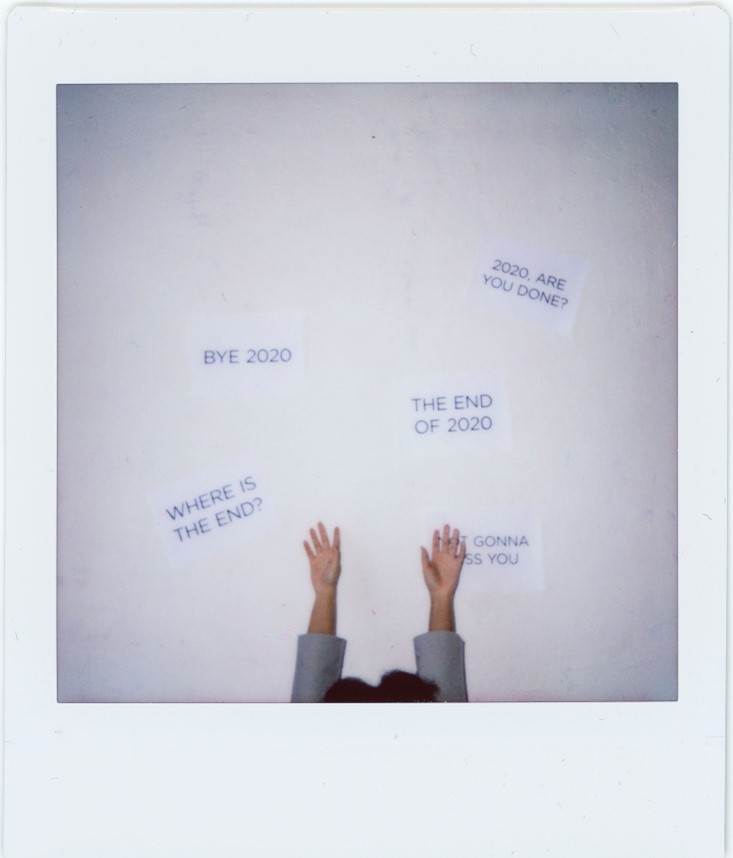Say No to New Year’s Resolutions
Photo by Polina Tankilevitch from Pexels
Many blamed the issues of 2020 on a crazy year, but will things be different in 2021?
“5…4…3…2…1…Happy New Year!” people cheered as the clock struck twelve. It was officially 2021: a new year and a new beginning. At the beginning of 2021, many had high expectations, as people typically do with each new year’s start. People write down ambitious goals, such as working out every day, eating healthy, and learning a new language.
Does anyone ever achieve the resolutions that they set at the beginning of the new year? According to the New York Post (nypost.com), 80 percent of people fail to keep their New Year’s resolutions. Some of the most popular New Year’s resolutions include exercising more, losing weight, spending less money, learning a new hobby, and traveling more, according to Go Skills (goskills.com). At the beginning of every year, people feel unstoppable and believe that this will be the best year, which is the attitude people have when they sit down and write their resolutions. As the year advances, people are soon absorbed with other priorities and abandon these goals. The ambition they had at the beginning of the year is lost, and the new year turns into the same as every other year. Many also set big goals that are not specific. These goals set people up for failure. A person’s goal may be to work out every day. A more achievable target for the new year may be to work out three times a week.
Mackenzie Casey, a freshman, said, “I make New Year’s resolutions, but most of the time, I forget about them after two weeks. In the future, I am not going to make any resolutions because I do not end up following them. I’m going to start making smaller goals throughout the year.”
Others believe setting resolutions are effective. Freshman Gianna Taverna commented, “I did make a New Year’s resolution for exercising. I do think writing resolutions empowers individuals to persevere and be motivated to get tasks done.” Freshman Grace Loiselle said, “I personally never make New Year’s resolutions. However, I do think they are very effective for some people. I have met people who make resolutions and can stick to them well. It’s just not for me.”
New Year’s resolutions are not effective because they are often too big to complete in 365 days. They are also not effective because people do not feel motivated and do not implement the resolutions into their everyday life. People should stop making New Year’s resolutions because most people will drop their resolutions by early February. This leaves many feeling depressed that they could not achieve their unrealistic expectations.






















